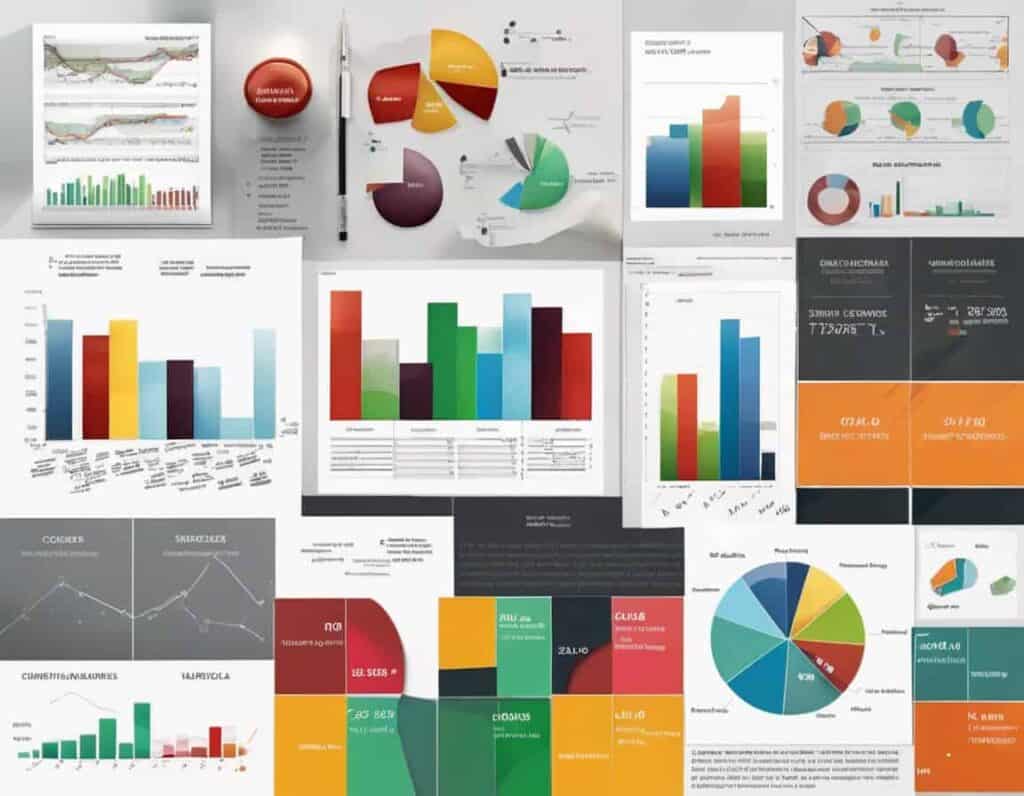Equity crowdfunding stands as a beacon of opportunity in the startup financing landscape.
For crowdfunding organization leaders, fundraising managers, and teams, the challenge isn’t just about attracting investors—it’s about building a bedrock of trust. It’s a bridge connecting innovative startups with a diverse group of investors.
Unlike traditional funding methods, it opens the door for everyday individuals to invest in ventures they believe in.
But what does it take to win the trust of these potential financiers? How do you transform interest into confidence, and confidence into investment?
The Importance of Investor Confidence
Investor confidence is vital for equity crowdfunding success. It’s rooted in the company’s vision, leadership authenticity, and achievable goals.
When backers trust the leadership’s vision and ethics, their confidence deepens. Transparent storytelling is key, showcasing growth potential, ethics, and shared values to inspire trust and belief in a shared successful future.
To connect with potential supporters, go beyond the surface. Use transparent storytelling to showcase your vision, growth potential, and ethical leadership. Inspire confidence and belief in a shared successful future.
Best Practices for Building Investor Confidence
1. Transparent Communication
Maintain open and honest communication with your financiers throughout the campaign, providing them with regular updates on progress, challenges, and milestones.
By being transparent about both successes and setbacks, you show a commitment to accountability and build trust.
2. Robust Business Plan
Outline your company’s/organization’s mission, vision, and goals, detailing your market research, competition analysis, and revenue projections.
A comprehensive plan demonstrates your commitment to success and your understanding of the industry.
3. Credible Team
Backers often invest in the people behind the company project as much as the idea itself. Showcase your team’s expertise, experience, and qualifications. Highlight any relevant industry information/knowledge, past successes, and how your team’s skills align with the project’s needs.
A strong team inspires confidence in your project’s ability to deliver results.
4. Clear Value Proposition
Share information and details on how their investment will contribute to the project’s growth and profitability.
Present a compelling argument for why your project is a worthy investment, highlighting unique features or advantages that set it apart from competitors.
5. Mitigation of Risks
Supporters appreciate a thorough assessment of potential risks and a well-developed plan to mitigate them. Address foreseeable challenges and demonstrate that you have strategies in place to overcome obstacles.
A well-prepared risk management strategy shows financiers that you are proactive and responsible.
6. Social Proof and Testimonials
Leverage social proof to build investor relations and confidence. Demonstrating that others believe in your project can help convince potential backers that it is a worthwhile opportunity.
7. Compliance and Legal Framework
Supporters need assurance that their investments are protected and that your project operates within the law.
Seek legal counsel, if necessary, to navigate complex legal requirements and provide peace of mind to your financiers.
Final Thoughts | Building Investor Relations and Confidence
Investor confidence in equity crowdfunding is the key to unlocking the potential for success.
Embrace these best practices to empower your organization for more triumphant crowdfunding campaigns. Always bear in mind that every investment is grounded in a relationship founded on trust and unwavering transparency.
Ready to take your fundraising management to the next level? Invest in fundraising management software today and ensure your crowdfunding journey is fueled by innovation and efficiency.




